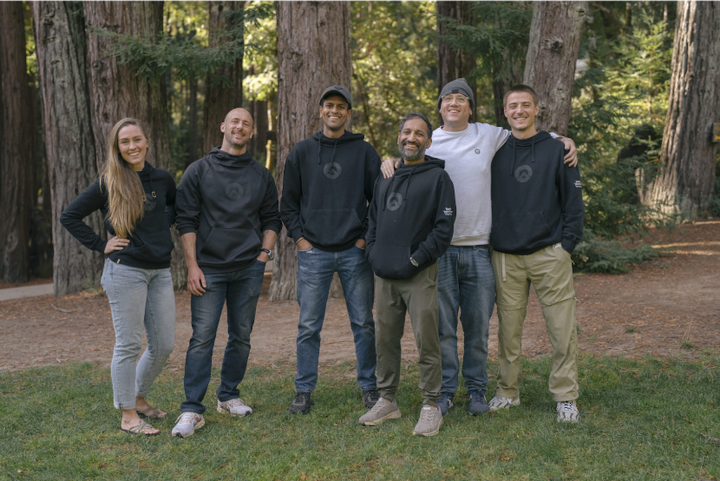FinLedger: Better Tomorrow Ventures has $75 million to invest in fintechs
Firm looks to invest in the pre-seed and seed stages, primarily.

Better Tomorrow Ventures revealed this week it has raised $75 million for its debut early-stage, fintech focused venture fund.
The San Francisco-based firm – founded by Sheel Mohnot, former GP of 500Fintech and NerdWallet co-founder Jake Gibson – began raising money for the fund about a year ago and had to put things on hold once the COVID-19 pandemic began to escalate.
But as the rest of the world began to realize just how much adoption was happening in the fintech world, investor interest for the fund suddenly became intense, according to Mohnot.
FinLedger talked to the firm about the fund’s plans for the capital and the fintech landscape as a whole. So far, it’s already backed the likes of Pave–which has an API that generates financial insights from a range of data sources – and Relay, which aims to “reimagine banking for growing businesses.”
FL: How many companies do you plan to invest in out of this new fund, and were you surprised by the investor interest?
Mohnot: We plan to invest in 30 companies in the fund with an average of $1 million and $1.5 million for the first check per company. Half of the capital will be reserved for follow-ons into the winners. All of our first checks will be pre-seed and seed, and we’ll follow on at the later stages.
We’ll be investing across all different types of fintechs, in industries such as real estate, insurance, consumer, B2B, and infrastructure.
In terms of raising the fund, March, April and May were dead months, pretty dreary times. We didn’t want to ask people for money. But then things really picked up and towards the end of May, it became very clear we would have no trouble raising the funds.
It feels like people like you and I have talking about this for a while but it feels like the rest of the world has woken up to fintech’s potential. A bunch of things happened all at once this year, including several exits that have been good for the venture ecosystem. All of a sudden, everybody became a fintech investor.
FL: Speaking of exits, there’s been some recent scrutiny around these large M&As, including the proposed buyouts of Plaid and Credit Karma. What impact do you think that will have on the space?
Mohnot: I think it’s interesting what may end up happening. If the public markets and SPACs stay where they are, people will prefer going that route, and avoid the scrutiny of the DOJ (Department of Justice).
FL: What areas of fintech do you see the most potential?
Mohnot: I think there continues to be a lot of interest in infrastructure, but there’s not a particular area we’re excited about. We’re much more team and idea-focused. But I can say we do really believe in embedded finance. We think a lot of [fintech] companies that will be built are at the surface, not fintech companies. But if you look under the hood, they are. We’re excited about that. For example, we’re closing a deal now where the company is building software for contractors. A lot of that involves payments and financing so there’s a huge fintech component under the hood
FL: You guys have been in the industry for a while. What do you see as the biggest change in fintech now compared to a few years ago?
Mohnot: All the interest in it. We’ve both been in the space for over a decade and frankly, no one really gave a s–t before. Now everyone is racing to call themselves a fintech investor. That was definitely not the case before.



